The University of Minnesota Board of Regents approved new updates to a policy that allows campus buildings and other University entities to be renamed on Feb. 11.
The new amendment allows buildings to be considered for renaming after 75 years of their establishment. Regardless of the period of time, if controversial information comes up that raises the question of whether their name should continue to be honored, the building could also be renamed, said President Joan Gabel in an interview with the Minnesota Daily on Monday.
For the last several years, students have pushed for buildings on campus to be renamed due to past problematic or racist actions by their namesakes. Past activism and conversations centered on renaming Coffman Union, Nicholson Hall, Coffey Hall and Middlebrook Hall. When an amendment to rename these buildings was brought before the board in 2019, it failed in a 10-1 vote.
After this vote, the board began the process of establishing a protocol to guide future decisions around renaming buildings on campus.
Regent James Farnsworth said when the name changes were presented to the board in 2019, it was difficult to make a decision without an official policy in place.
“It was very clear that [in the April 2019 meeting] the board was in an impossible spot without clear and concise policy to go off of and that’s why there was so much chaos that happened that hurt feelings,” Farnsworth said.
Under the policy updates approved earlier this month, anyone from the University is allowed to propose a name change request if they believe the namesake of a building does not reflect the University’s mission. These proposals must be approved by the University President and the All-University Honors Committee, before being voted on by the Board of Regents.
The Honor’s Committee is responsible for recommending and reviewing nominations for numerous University honors awards and namings.
Mark DiStefano, chair of the Honors Committee, said the group is developing the criteria needed to approve a renaming, with the goal of having these finalized by the end of the semester. DiStefano said he hopes to begin the process of renaming at least one building this summer, with final action by the board in Fall 2022.
Regent Darrin Rosha said he believes 75 years is a good marker for allowing campus buildings to be renamed.
“50 [years] seemed a little short to folks because that was within my time,” Rosha said. “The President came back with 75 and I thought that that was a reasonable place to land for allowing renewal and allowing the campus to reflect a more current history.”
After researching the controversial names of campus buildings, Rosha said it is difficult to make decisions because buildings were often named within different social and political contexts or time periods. The renaming process is also difficult because many of the buildings’ namesakes are no longer alive to give further insight into some of their past actions, he said.
“I really believe that we should have a display in each of the buildings when it’s renamed recognizing the history of the building and why it was maybe initially named,” Rosha said.
The Minnesota Student Association’s (MSA) student representative to the Board of Regents, Flora Yang, said the policy updates are a step forward in highlighting the wrongdoings and mistakes of people with the University’s past.
MSA has advocated for a renaming policy through ongoing discussions dating back to 2019.
“[Although] we’re nowhere near where we ultimately want to be, we do want to acknowledge the steps that the University has taken in order to try to remedy things of the past and make things right,” Yang said.
According to Yang, changes to University leadership in both the President’s position and several seats of the Board of Regents helped get the policy approved. Gabel has brought a new perspective and dedicated time and effort to the policy, Yang said.
MSA is now determining the best way to consult with Gabel and regents during the renaming process, Yang said.
“We’re having discussions about how can we better assist that process,” Yang said. “I feel like what we are trying to do right now is make sure that we have an active voice in that conversation and that it’s accessible for students that want to express their opinions and that they have the ability to do so.”
Yang said she believes there needs to be a continuous conversation to create an inclusive University.
“It’s definitely not fully over,” Yang said. “We are glad that we are at least taking a step in the right direction to lay out the groundwork for these changes.”










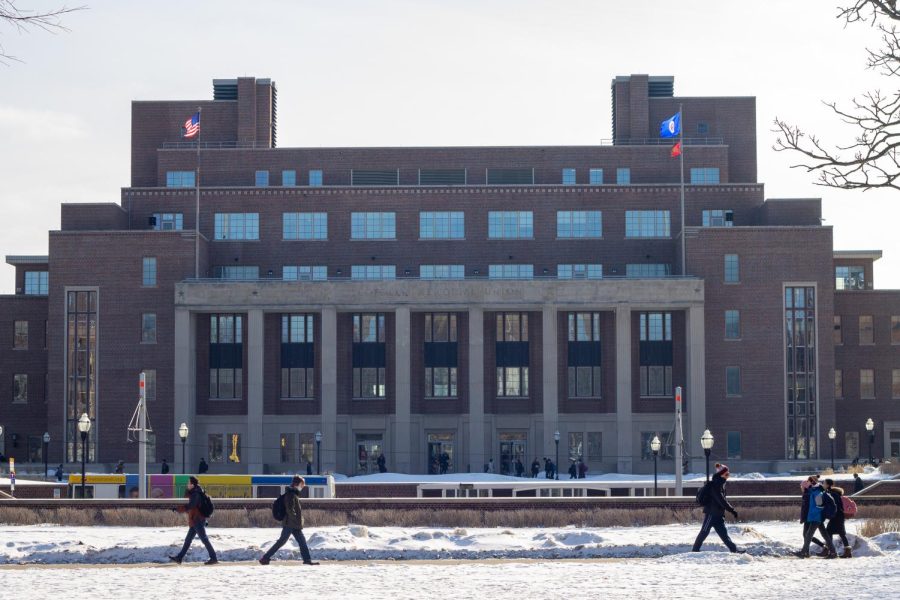



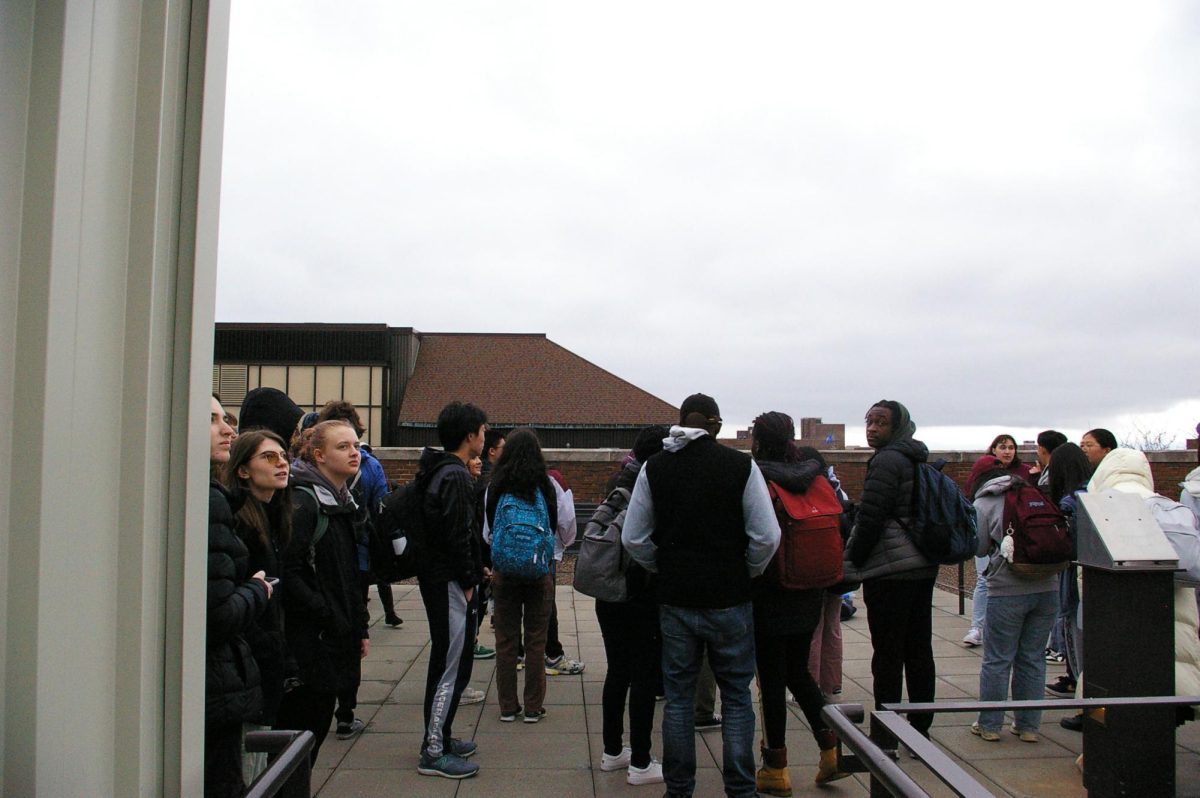
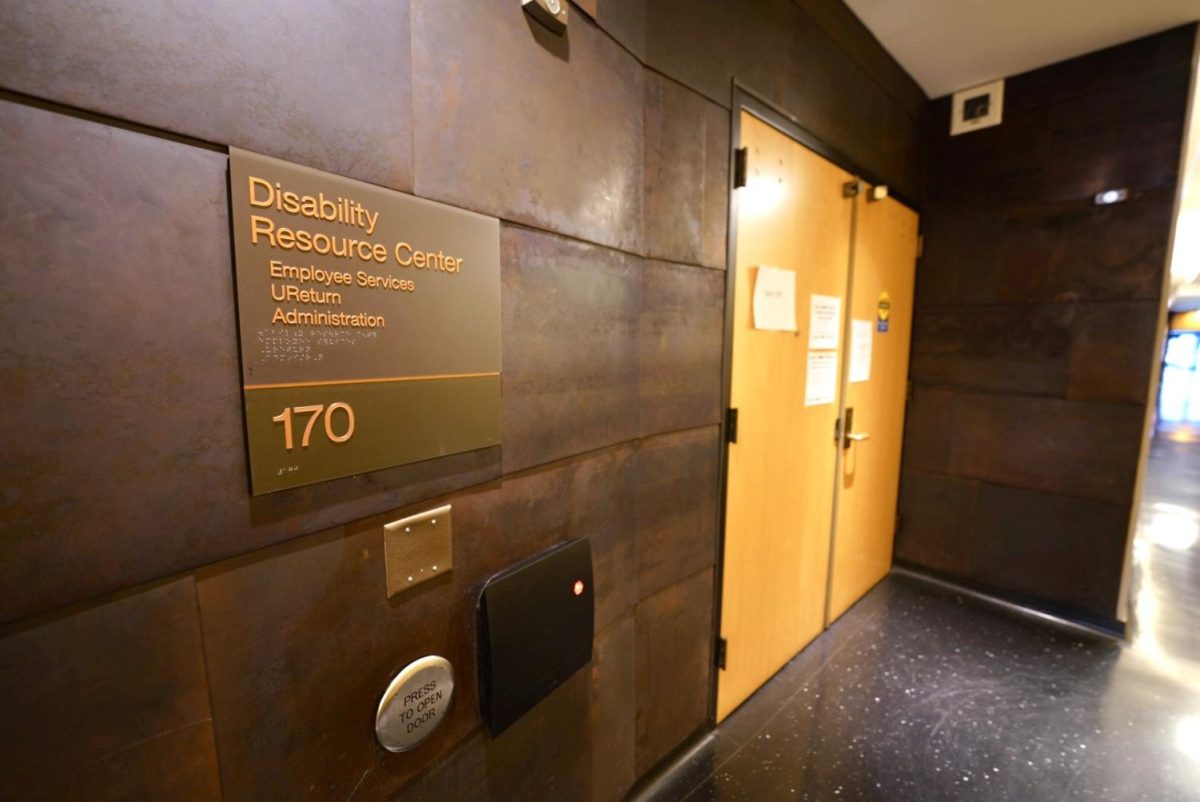
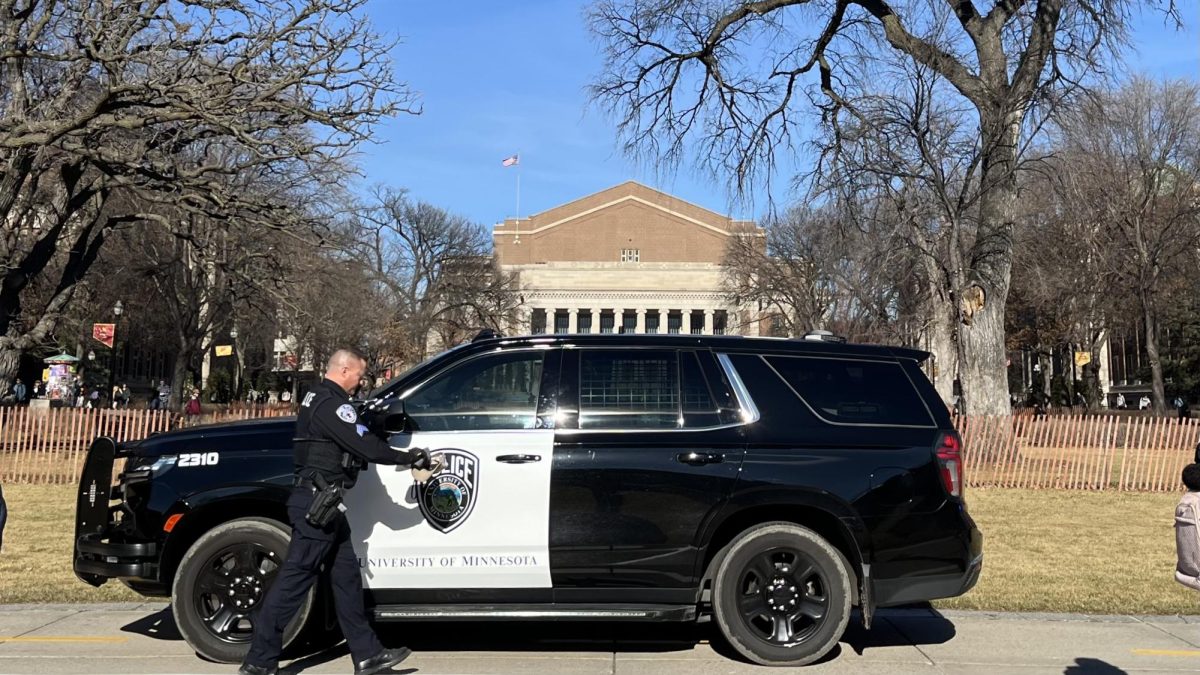






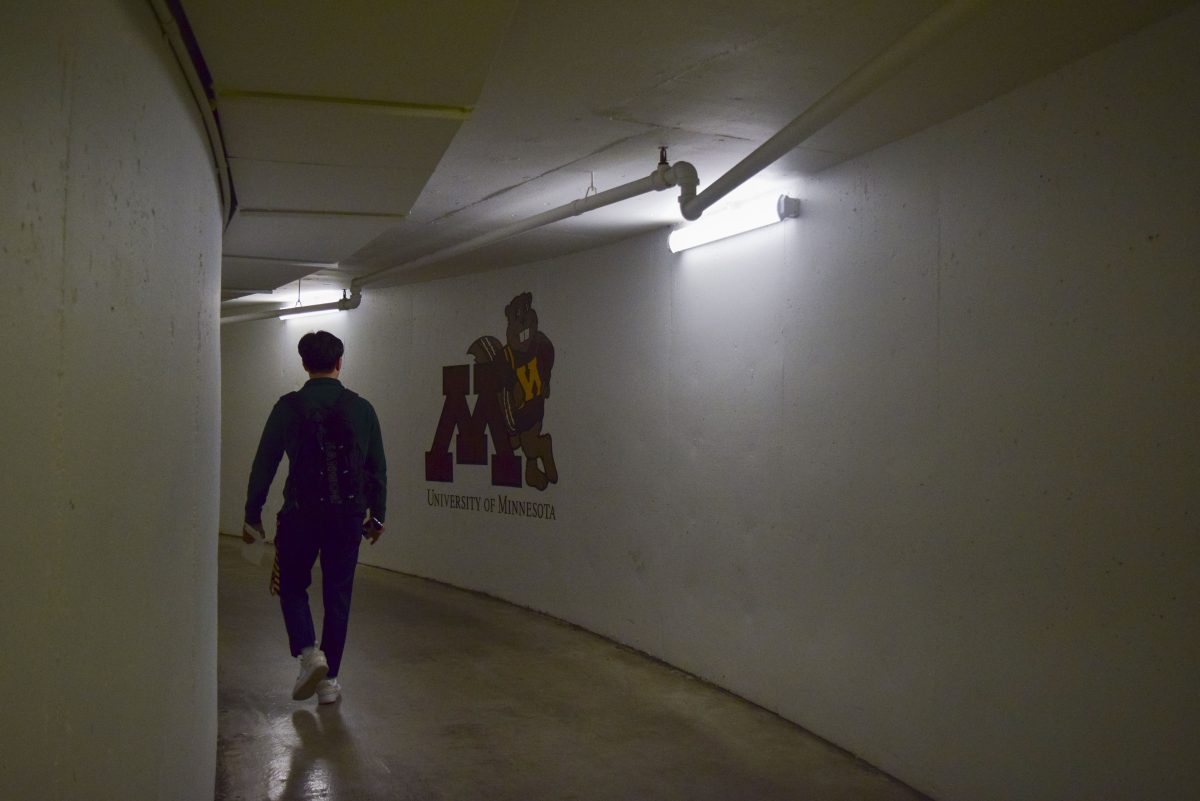
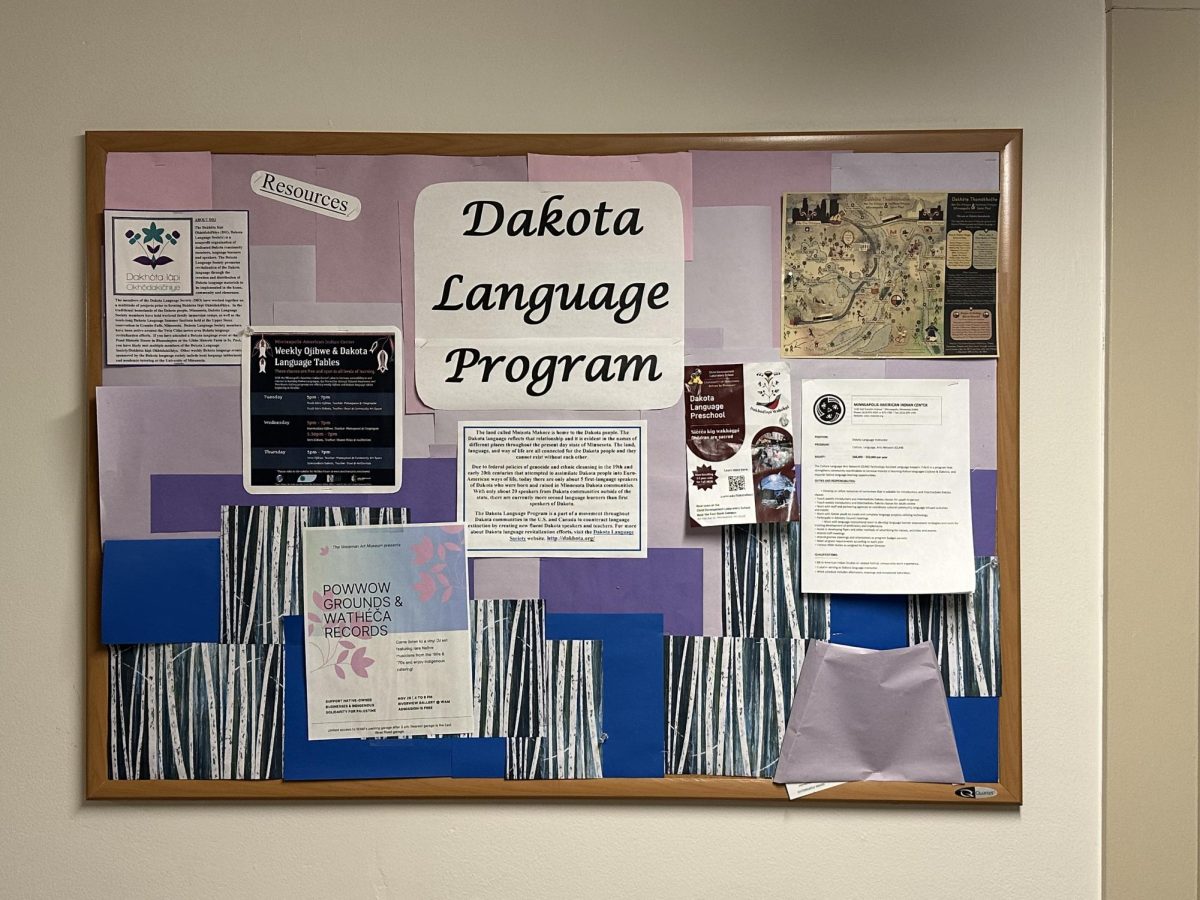
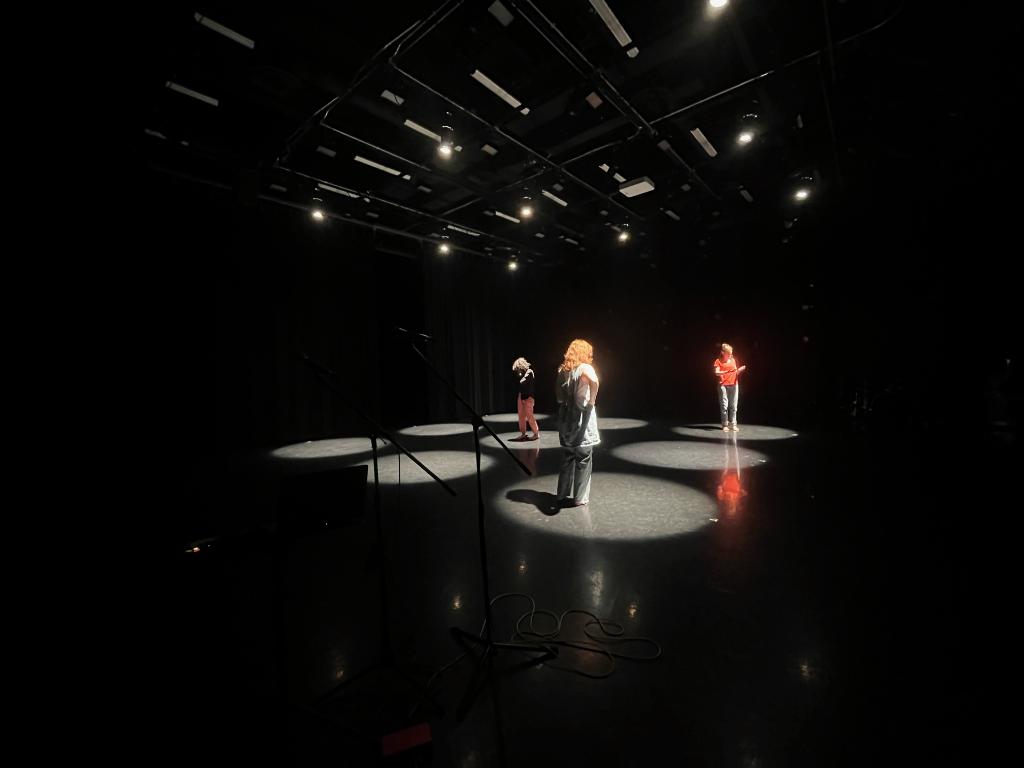




Meat Eater
Mar 4, 2022 at 5:20 pm
As far as I know, nobody is demanding a name change to Howard University.
I know he (Major General Oliver Otis Howard) did good things, but he also did bad things, like his campaign against the Nez Perce,.
But that’s pretty much the case for everyone, Nobody is perfect.
“For in the same way you judge others, you will be judged, and with the measure you use, it will be measured to you.”